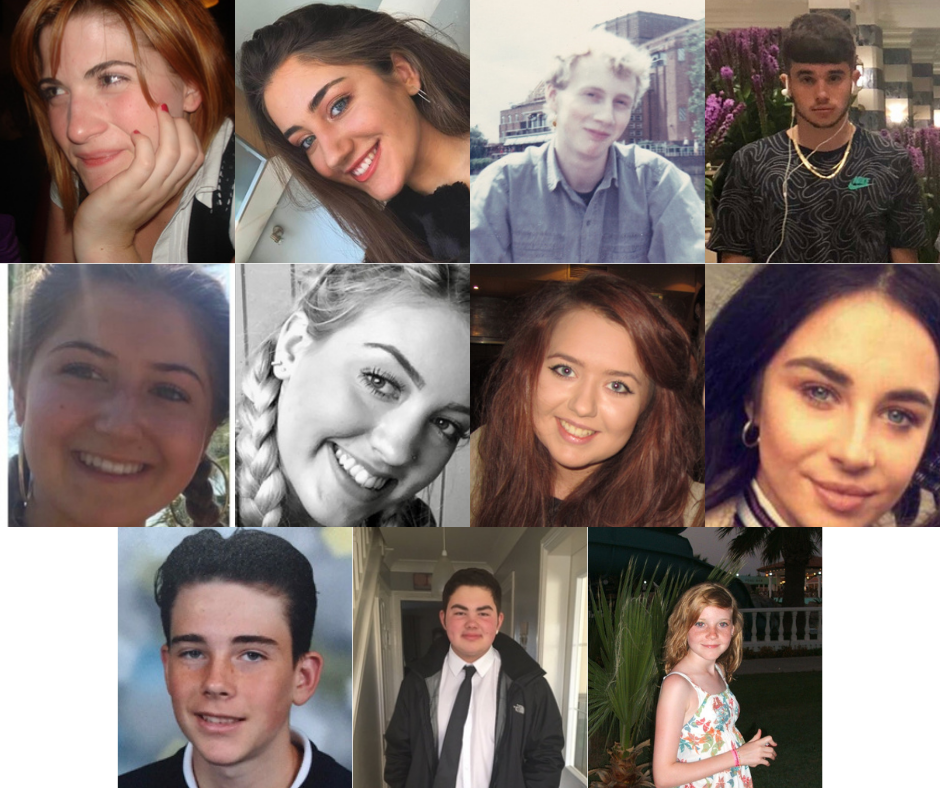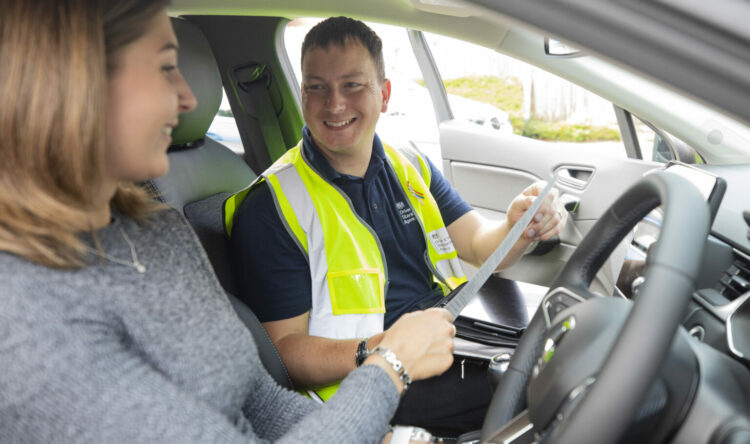Learning the lessons
Parents call for graduated driver licensing
Parents of children killed by cars driven by young drivers are calling for the Government to introduce Graduated Driver Licensing (GDL).
It follows calls from road safety professionals in a letter sent to the government.
Restrictions introduced in other countries include the number of similar-aged passengers a young driver can carry in the car, as well as bans on night-time driving.
Call for action
The parents, who have formed a campaign group called Forget-me-not Families Uniting, believe a GDL regime would reduce road death and serious injury.
They want urgent action with an expert panel formed immediately to advise the Government on how such a system in the UK should look.
In Britain, young drivers between the ages of 17 and 24 are involved in 24% of all collisions resulting in death or serious injury. This age group only accounts for just 7% of the total driving population.
In 2022, 4,935 people were killed or seriously injured in crashes involving at least one young driver. The figure includes other road users of all ages, such as people travelling in separate cars or pedestrians.
Backed by research
Data from transport safety studies, car insurance companies and driving charities over many years come to the same conclusions. Drivers under the age of 24 are more likely to have crashes when they are carrying similar-aged passengers in their car, when driving at night and when driving conditions are difficult.
It has led to countries such as Canada, Australia, New Zealand and the US successfully introducing GDL.
In turn, this has resulted in a reduction in deaths and serious injuries in crashes involving young drivers of between 20% and 40%.
Lost time, losing lives

Forget-me-not Families Uniting was formed by Sharron Huddleston, Chris and Nicole Taylor and Dr Ian Greenwood. It came after years of campaigning for the introduction of GDL following the deaths of their daughters.
Sharron Huddleston said: “Enough is enough. How many more young people need to die before action is taken?
“We can’t sit back any longer and just watch as more and more young people are killed or seriously injured in road collisions.
“Our group was formed as a means of reaching out to the Government collectively, as individual contacts resulted in no action.
“I have been campaigning for years and nobody has listened, despite all of the overwhelming evidence that has been put to them by leading experts in this field.”
She added: “Our message to the Government is simple – listen to us, listen to the experts and learn from other countries, who have seen a huge reduction in young driver and passenger deaths after introducing graduated driving licensing for young novice drivers.
“We all want and deserve a serious conversation with the Government. We want to know what they are going to do about this huge problem. If they won’t introduce a graduated driving licensing system, why? And if not that, then what?”
How long
Dr Ian Greenwood, who has a PhD in road safety policy hopes he latest calls will encourge a change in government thinking.
GDL was first debated in the House of Commons in 1993, Greenwood’s 12-year-old daughter was killed in a young driver crash in 2008.
“Had politicians acted before then, or over the decades since, and not simply debated, Alice might very well be looking forward to her 28th birthday this year,” he said.
“Between 20% and 40% of other bereaved parents might still have their children too.
“Politicians need to decide whether they will continue to ignore the evidence and calls from parents, or finally take action.”
Backed by figures
A TRL (Transport Research Laboratory) report from 2018 concluded that graduated driving licensing not only saves lives and reduces serious injuries, but it also saves millions of pounds.
Meanwhile, experts at the RAC Foundation confirmed in 2022 that it would improve road safety while having minimal impact on new drivers’ access to education, employment and social activities.
Forget-me-not Families Uniting has the backing of RoadPeace, Brake and The Road Victims’ Trust.
The charities said: “We’re proud to come together to back these families and this growing movement. These families deserve to be heard and we hope to see action finally taken by the Government.
“We welcome other families to join this campaign and help us to stop these unnecessary deaths and serious injuries, just as other countries have.”
No action likely
Responding to the requests, the government stated there were currently no plans to discuss or implement graduated driver licensing.






